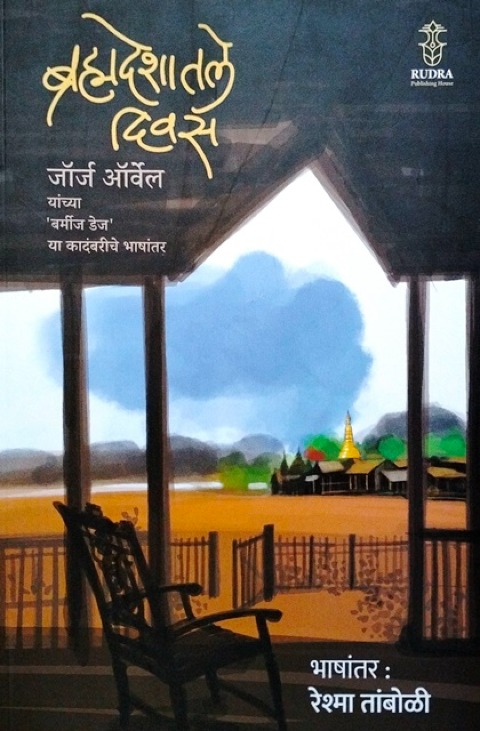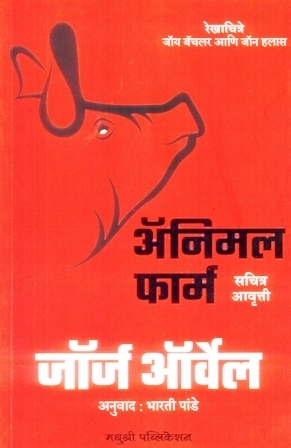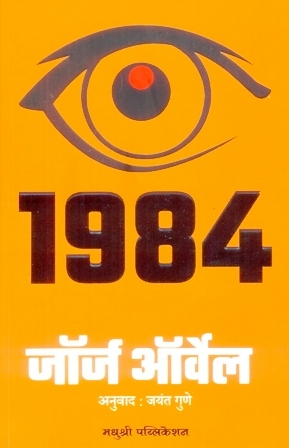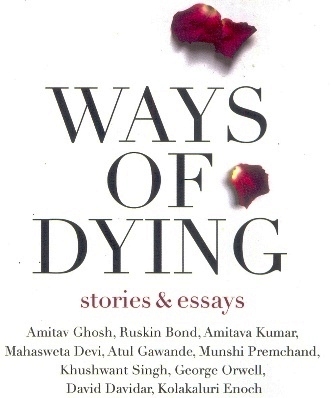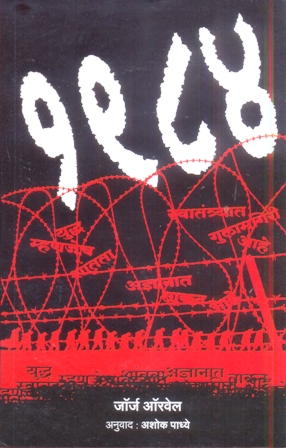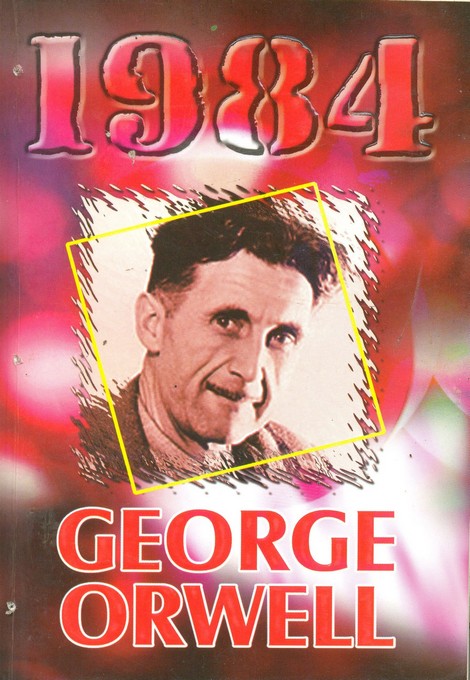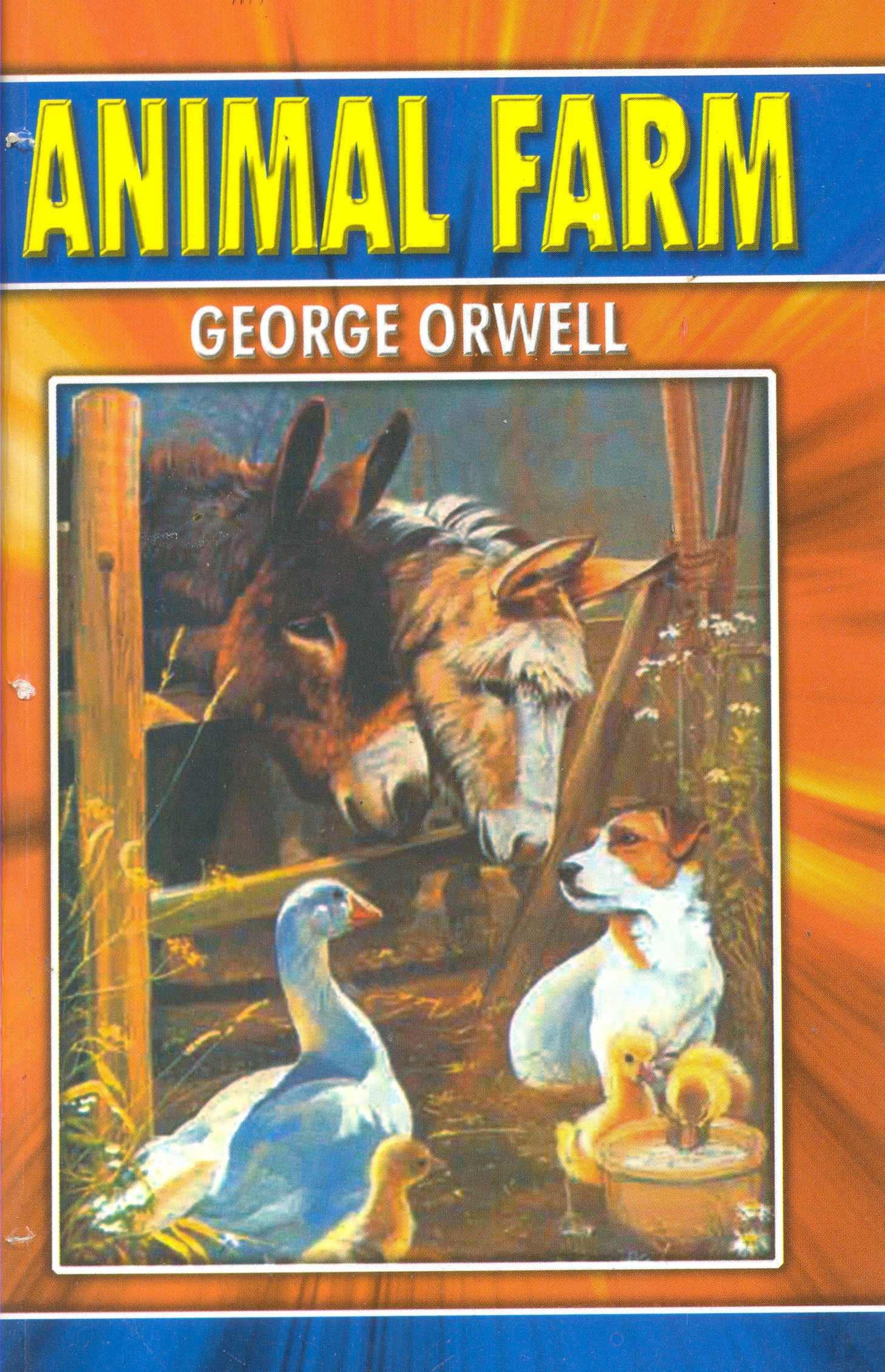-
Bramhadeshatale Divas (ब्रह्मदेशातले दिवस)
‘बर्मीज डेज’ ही जॉर्ज ऑर्वेलची पहिली कादंबरी आहे. मानवतावादी ऑर्वेलने या कादंबरीत वसाहतवादावर सामाजिक आणि राजकीय टिप्पणी केली आहे. त्याचबरोबर साम्राज्यावादामुळे ‘शासक आणि शासित’ या दोन्ही वर्गांचे होणारे अपपतन त्याने या कादंबरीत रेखाटले आहे. ब्रिटिश अंमलाखालील भारतीय वसाहतीचा भाग असलेल्या ब्रह्मदेशात भारतीय, ब्रिटिश आणि ब्रह्मदेशी पात्रांच्या माध्यमातून या कादंबरीचे कथानक आकार घेते. साहजिकच, या तिन्ही देशांच्या संस्कृती या पात्रांतून झळकतात. वसाहतवाद, वंशभेद, सत्तेचा गैरवापर व अलगतावाद या बाबींवर भाष्य करणारी ही कादंबरी विचारांना चालना देणारी आहे.
-
Ways Of Dying Stories And Essays
Amitav Ghosh/ George Orwell/ Khushwant singh/ Ruskin Bond/ Mahashweta Devi/ Munshi Premchand/ Amitava Kumar/ Atul GawandeOne of the meanings of the word ‘olio’ is ‘a miscellany’. The books in the Aleph Olio series contain a mélange of the best writing to be had on a variety of themes, and present aspects of India and Indian life in ways that have seldom been seen before. Ways of Dying comprises stories and essays of deep insight into an inevitable part of life—death. The pieces in the book include Amitav Ghosh on the assassination of Indira Gandhi and its aftermath, Ruskin Bond on memories of his father’s funeral, Amitava Kumar on how it is necessary to find comfort and solace in the midst of profound grief, Mahasweta Devi on murder and revenge in rural India, and Atul Gawande on assisted suicide and what doctors fear the most when faced with the mortality of their patients. Elsewhere in the anthology, the reader will find one of Munshi Premchand’s greatest stories, ‘The Shroud’, a peerless meditation on the hypocrisies and feigned grief of dysfunctional families on the death of a family member, balanced by Khushwant Singh’s poignant essay on the death of his beloved grandmother. Rounding out the selection are George Orwell on the complex reasons that often lead to innocent blood being shed, David Davidar on the sadness and turmoil that whirls through a family upon the death of a patriarch, and Kolakaluri Enoch on the tragic death of a young girl.
-
1984
A world in which war means peace, freedom denotes slavery and ignorance spells strength, a chaotic society is sure to grow under the shadow of dictatorial powers in 1984 george orwell brings forward the terrors of such a chaotic society
-
Animal Farm
Orwell's classic political fable is often cited as simply a condemnation of Stalinism, which it certainly was, but its political relevance is both wider and more enduring, as novelist Ann Patchett notes in her introductory essay to this new edition. Among the lessons contained in its pages is the need of politicians for "The Enemy" (think Axis of Evil) and the dangers of individuality to oppressive political order

